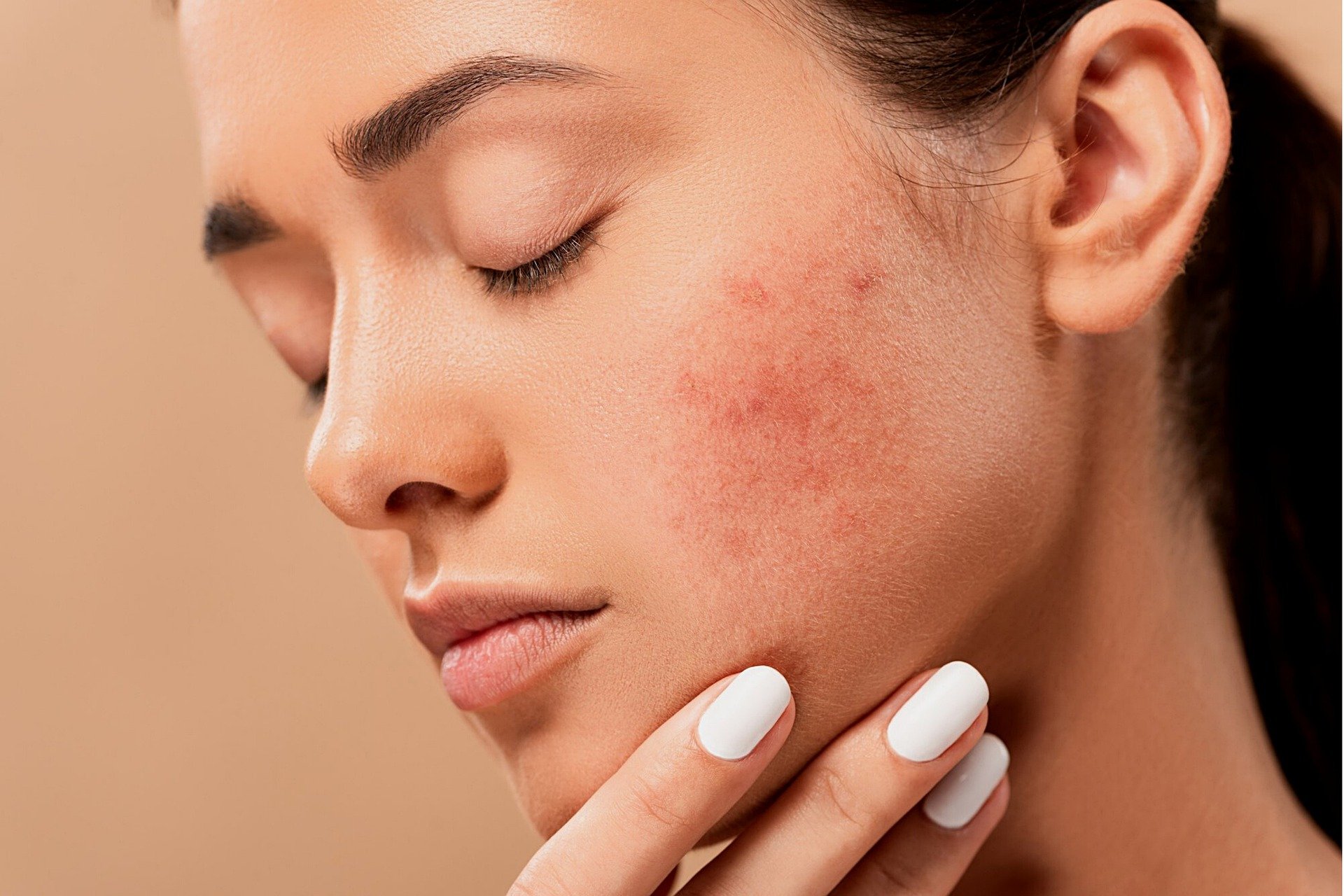When your pores get blocked by bacteria, dead skin cells, oil, and dirt, it may result in pimples. Having continuous pimples over time is referred to as acne. Acne is known to be the most common skin problem worldwide. Acne is not a dangerous thing, but it can steal away your confidence and urge you to isolate yourself.
We live in a society that prefers appearances. Society often avoids people who suffer from acne, and it can really hurt you if you are also suffering from an acne problem. Acne also causes permanent scarring and leaves you devastated.
Signs to Learn about Acne
It’s not only your face, but you can experience acne issues in any part of your body. The most common parts it hits are the neck, chest, shoulders, back, and face. Blackheads and whiteheads have occurred on your skin when you have acne. Many types of lesions can cause acne scarring.
- Pustules: These are red small pimples filled with pus.
- Cysts: Large bumps that occur beneath the skin and painful.
- Nodules: These are solids and painful lumps beneath the skin.
- Papules: inflamed hair follicles cause small red and bumps.
Who Is At High Risk Of Developing Acne?
Many people say that chocolate can trigger acne or eating fried foods can result in pimples. According to studies, there is no scientific proof about such acne causes. There are some proven causes of acne, like:
- Medicines that leave side effects like birth control pills
- When you experience hormone change
- High-refined sugar diet
- Runs in family
Teenagers experience acne because they go through hormonal changes at this age. You may also experience excessive oil production that increases acne. In adulthood, you can see a reduction in acne symptoms.
How to treat acne at home?
Sometimes, you can treat your acne at your home using natural ways, like:
Make sure that you remove the excessive oil from your skin
- You should wash your hair regularly and keep the shampoo out of your face
- Non-comedogenic use products
- Never squeeze your pimple because it can spread bacteria.
- Wash your hands before touching your face
- Use loose headbands
How Medication Can Help The People With Acne?
When natural ways can’t help you, try medicines. Some acne medications can kill bacteria and reduce the excessive oil on your skin.
Sulfur containing lotions, masks or cleansers are a good source to treat your acne.
Benzoyl peroxide contained creams or gel that help you to dry out your pimples and prevent new ones. It also kills the bacteria. Resorcinol is rare, but it removes the dead skin cells.
Prescription topical creams control oil production, such as retino acid and prescription-strength benzoyl peroxide. It also contains antibacterial properties.
Anti-Acne Diet
Whole grains, legumes, and unprocessed foods are low glycemic foods that are made of complex carbohydrates. Such a diet helps to reduce acne.
Mineral zinc, vitamin A and E, and chemicals called antioxidants are beneficial for the skin and reduce inflammation. Such ingredients you can found in the following foods:
- Tomatoes
- Whole-wheat bread
- Turkey
- Beans
- Yellow and orange fruit and veggies
- Blueberries
- Brown rice
- Quinoa
- Salmon
- Nuts
- Mackerel and other fatty fishes
Acne Myths you should debunk
People often believe in false statements, but these have only an effect on acne.
Hygiene: Dirty skin is not the real cause of acne, but when you scrub hard and use different chemicals. Such chemicals can irritate the skin and make your acne worse.
Chocolate and Oil foods: Eating chocolates does not affect your skin.
Cosmetics: When you use oil-free cosmetics, it does not cause acne or clog pores.
Conclusion
Experts from the Concept Infertility Medical Center share that many healthy foods can help you get rid of oily skin and acne. You need to visit your doctor if your acne gets worse over time.















